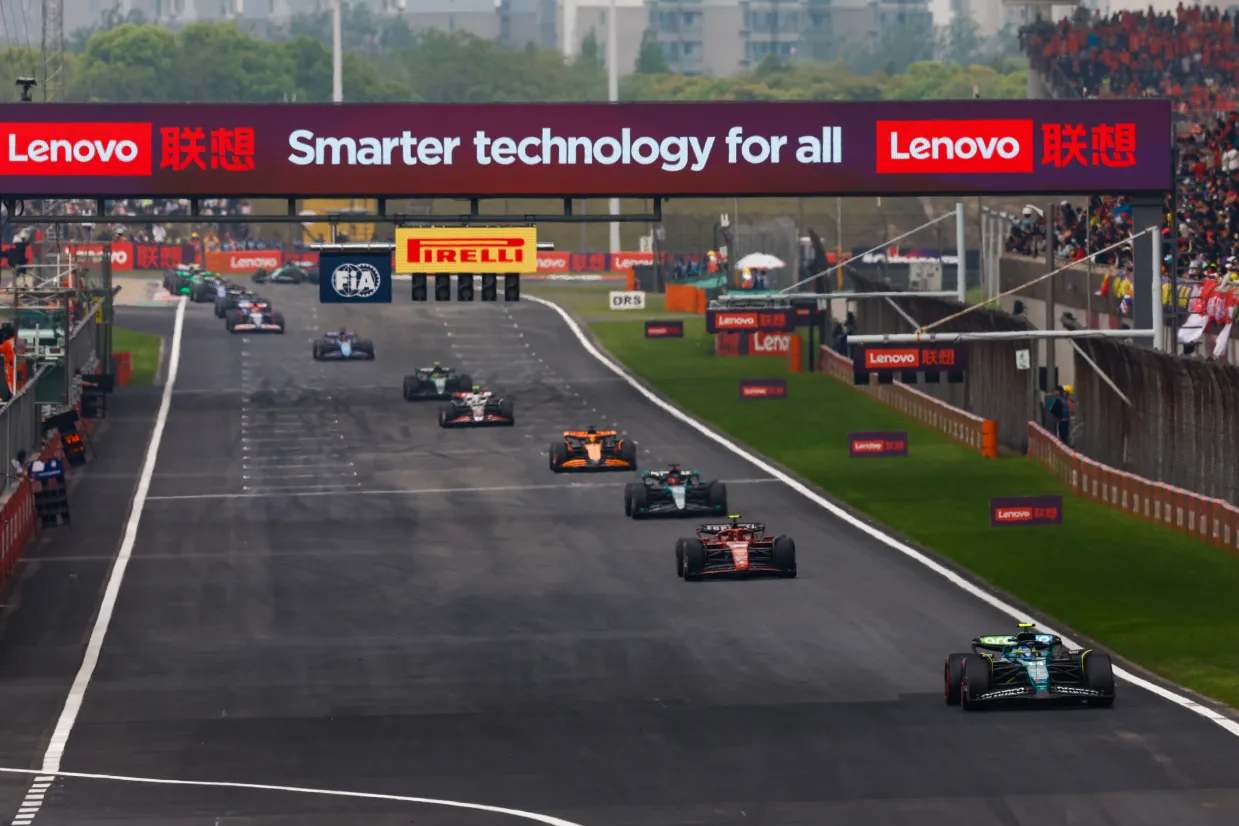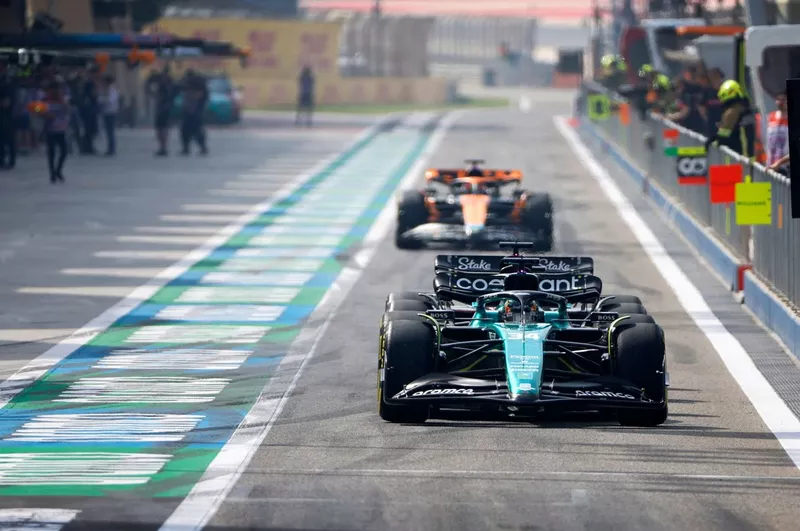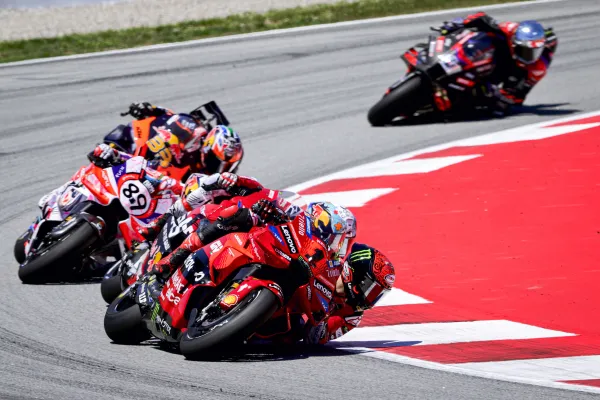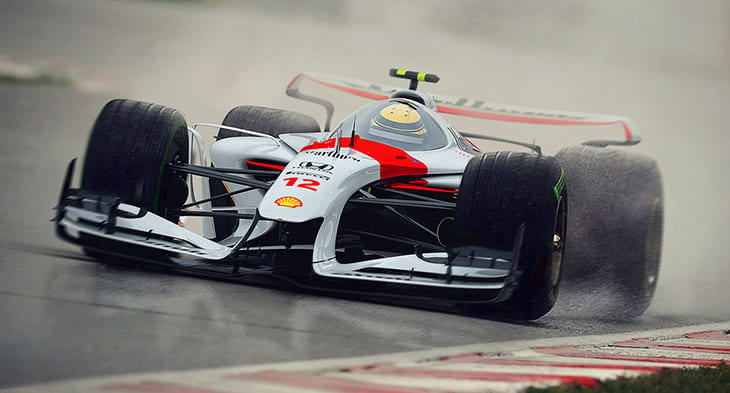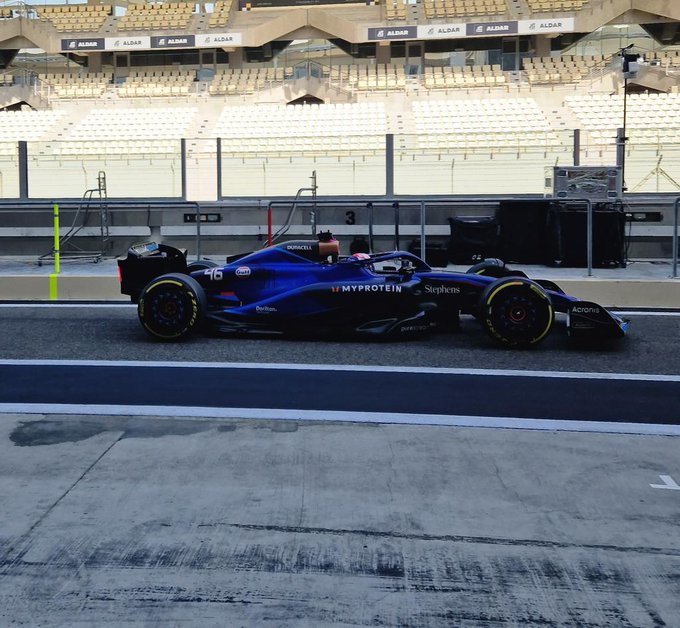Formula One Faces Travel Turmoil Ahead of Chinese Grand Prix: A Race Against Time
Will teams recover in time, or will this logistical nightmare reshape the weekend’s outcome? Formula One is no stranger to high-stakes drama, but this time, the action is unfolding off the track. With just days to go before the Chinese Grand Prix, multiple teams are struggling to receive their cars and critical parts, putting their race weekend preparation at risk.
The issue stems from transportation delays following the Australian Grand Prix, where cars and equipment were meant to be swiftly shipped from Melbourne to Shanghai. However, unforeseen technical issues have left some teams waiting anxiously for their gear, while their crew members sit idle in hotels, powerless to take action.
This situation is particularly concerning because Shanghai will host the first Sprint Race of the season. Unlike traditional race weekends, Sprint events leave teams with less time to fine-tune their cars, making every moment of preparation invaluable.
As teams scramble to adapt, the FIA has stepped in with an emergency rule change to help mitigate the impact. But will it be enough? With Free Practice 1 (FP1) looming, teams face a nerve-wracking countdown to get their cars race-ready.
What Went Wrong? The Logistics Nightmare Explained
Formula One operates on a tight schedule, moving thousands of tons of equipment across the globe every season. The sport’s logistics are usually a well-oiled machine, with teams shipping everything, including cars, spare parts, tools, and even hospitality setups, immediately after a race to the next location.
However, the turnaround between the Australian Grand Prix and the Chinese Grand Prix was especially tight, requiring seamless execution to stay on schedule. Unfortunately, this time, things didn’t go as planned.
According to F1 insider Kym Illman, teams were initially expecting their car parts to arrive on Monday night or Tuesday morning. However, technical difficulties with freight transport caused significant delays, with the new estimated arrival time pushed back to late Wednesday afternoon.
Impact on Teams: Preparation Time Cut Short
This delay has massively disrupted teams’ carefully planned schedules. Typically, after receiving their cars, teams use the days leading up to Free Practice 1 to:
- Inspect and reassemble their cars
- Analyze and optimize setups for track conditions
- Test aerodynamics and performance tweaks
- Run simulations and data analysis to prepare for race weekend
With at least 30 hours of preparation lost, teams are now scrambling to make up for lost time.
Tyre Supplier Pirelli Also Affected
The delays haven’t just impacted the teams, the sport’s official tyre supplier, Pirelli, has also been hit. Given the importance of tyre strategy in Formula One, any disruption to Pirelli’s schedule could lead to knock-on effects throughout the weekend.
To counter this, the FIA has issued an emergency rule adjustment to provide temporary flexibility in the race weekend schedule.
FIA’s Emergency Concession: A Lifeline for Teams
Recognizing the severity of the issue, the FIA has granted a one-time-only exception to its strict curfew rules. Normally, team personnel are restricted in how much they can work on their cars during curfew hours. However, due to the delayed freight arrival, the FIA has temporarily reduced the curfew period by 5.5 hours, allowing six operational personnel per team to continue tyre preparations after Pirelli completes its delayed fitting schedule.
This move is designed to help teams recover lost time and minimize performance disadvantages caused by delays. However, it doesn’t change the fact that teams are already behind schedule.
How Teams Are Coping with the Disruptions
With their meticulously structured plans disrupted, teams have had to improvise. Instead of spending valuable hours tuning their cars at the Shanghai International Circuit, many engineers and mechanics have been waiting idly in hotels.
While teams are used to handling minor logistical setbacks, this level of disruption is rare. The lost time could have significant knock-on effects on performance.
Some key challenges teams now face include:
- Less time for track analysis – Teams rely on data from early sessions to tweak aerodynamics and optimize setups.
- Fewer practice laps – FP1 is crucial for understanding tyre wear, fuel loads, and grip levels.
- Increased pressure on race engineers – With compressed schedules, every decision becomes higher risk.
Sprint Weekend Adds Extra Complexity
The Chinese Grand Prix will feature the first Sprint Race of the season, meaning teams have even less time to get their cars up to speed. Unlike a normal weekend where teams have three practice sessions, Sprint weekends allow only one practice session before heading straight into Sprint Qualifying.
For teams already behind schedule, this means:
- Less time to test setups before the Sprint Race
- Higher chances of setup mistakes impacting overall performance
- Greater unpredictability in race strategy
Could This Disrupt the Championship Battle?
With Lando Norris winning in Melbourne and Max Verstappen aiming to bounce back, this race was already expected to be a battle at the front. However, these delays could shake up the competitive order in several ways:
- Smaller teams may gain an edge – If midfield teams like Haas or Alpine receive their parts on time, they might outperform struggling top teams.
- Red Bull and Mercedes could be vulnerable – Less preparation time could mean unexpected performance dips.
- Sprint Race results may be unpredictable – With less time for teams to fine-tune their cars, expect surprise performances in the shorter Sprint event.
Formula One’s Global Freight Challenges
This incident highlights the complex logistics behind F1’s global calendar. The sport’s tight scheduling, combined with international shipping dependencies, means even small disruptions can escalate quickly.
Some of the biggest freight challenges in Formula One include:
- Customs delays when shipping across multiple countries
- Weather-related transport issues impacting flight schedules
- Back-to-back races in different continents, creating logistical bottlenecks
This latest crisis serves as a reminder that even F1’s world-class logistics can face unexpected hurdles.
Conclusion: A Test of Resilience
As the Chinese Grand Prix weekend approaches, teams are racing to catch up on lost time. The logistical delays have added an unexpected layer of drama to the event, but Formula One has always been about overcoming challenges.
The FIA’s temporary rule adjustments may help teams mitigate the damage, but with less-than-ideal preparation, this could be one of the most unpredictable race weekends of the season.
Will these delays impact the title fight? Or will top teams rise above the chaos and deliver a thrilling showdown? All eyes will be on Shanghai this weekend to find out.
Stay Tuned for More Updates
Stay tuned to our blog for more updates on Formula One, race previews, and behind-the-scenes insights. For a deeper dive into the strategies behind successful race weekends, check out our article on how teams maximize performance during back-to-back Grand Prix events.
